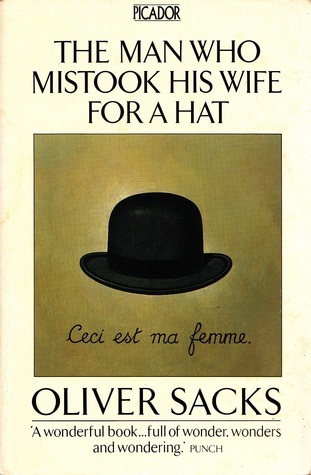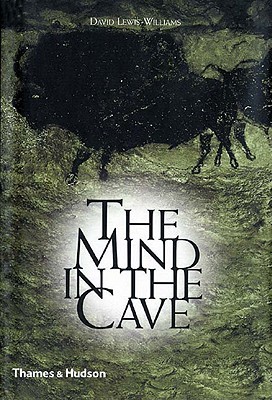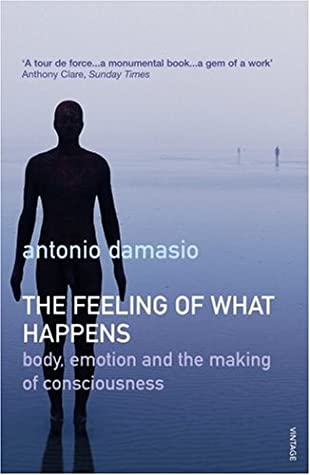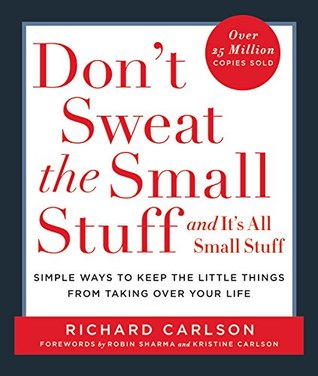The Subtle Art of Not Giving a F*ck (by Mark Manson)
The main message delivered by the author of this book, who is a popular blogger, is that we don’t have to be positive at all times and that what we should instead do is choose what deserves our attention. How many times have I been told in difficult situations: “Think positive!”, especially from people who have never been in that situation before and have zero idea what I might be feeling at that moment. Ironically, wanting to be positive implies that you’re not happy. It’s… Read More »The Subtle Art of Not Giving a F*ck (by Mark Manson)









